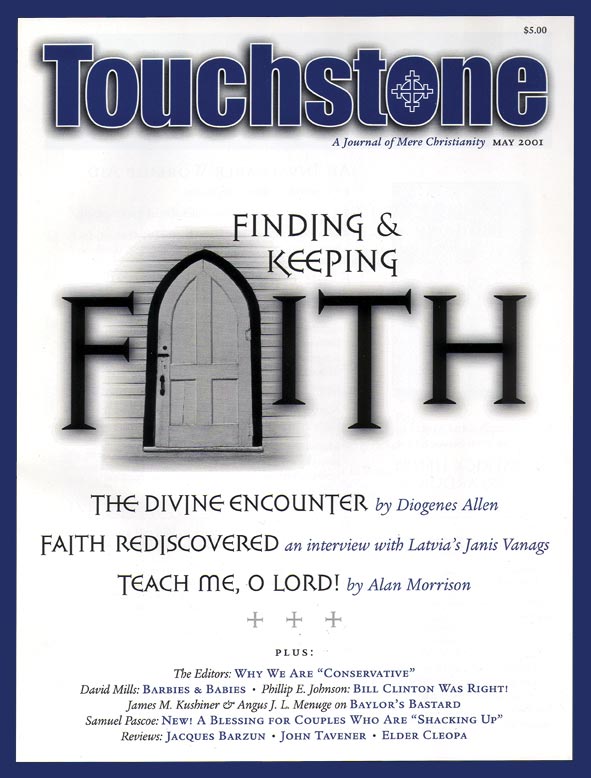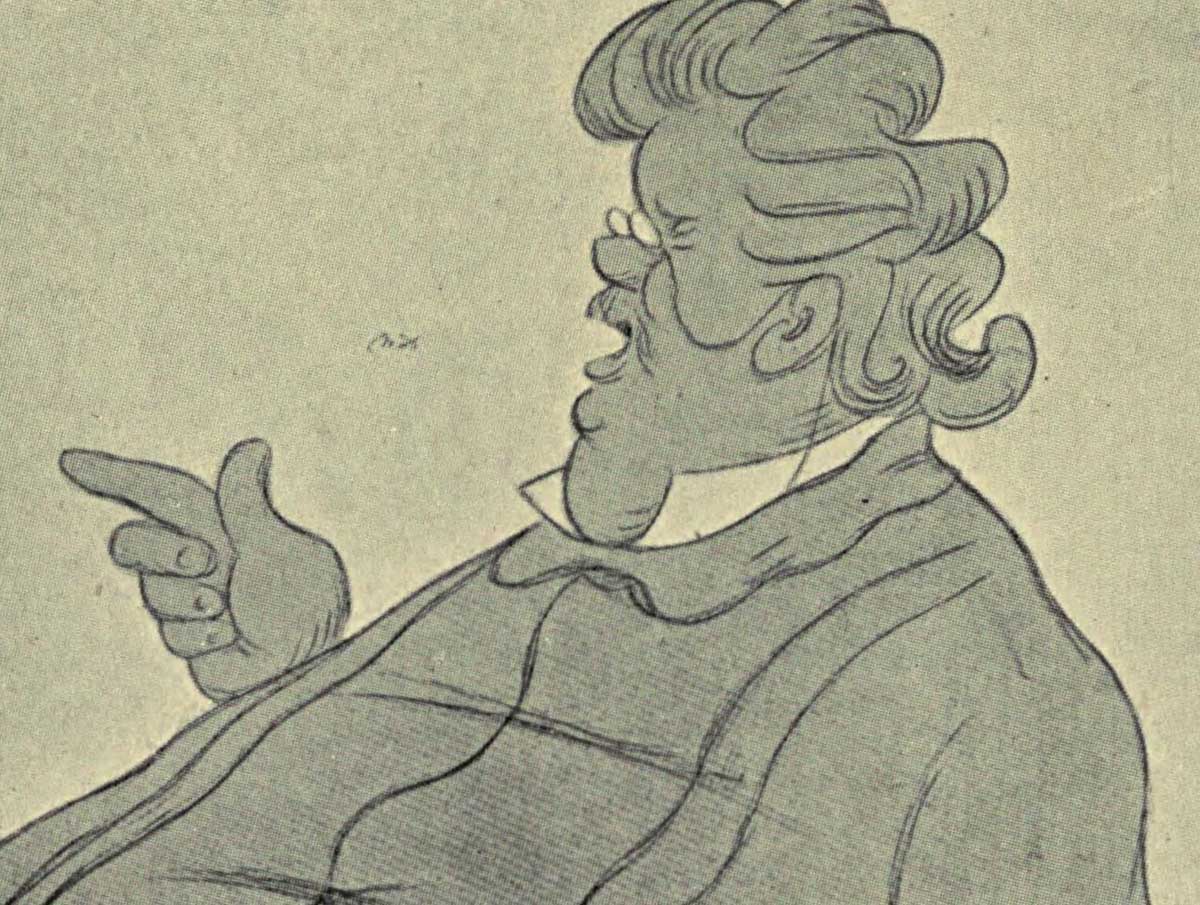Bill Clinton Was Right!
(About the Human Genome)
On June 26, 2000, President Clinton held a press conference to announce that the scientific effort to sequence the human genome had met with substantial success. With typical enthusiasm, Clinton exulted that “today, we are learning the language in which God created life; we are gaining ever more awe for the complexity, the beauty, the wonder of God’s most divine and sacred gift.” Dr. Francis S. Collins, director of the government’s Human Genome Project, used similar theistic language, saying, “It is humbling for me and awe-inspiring to realize that we have caught the first glimpse of our own instruction book, previously known only to God.” Whether they knew it or not, President Clinton and Dr. Collins were restating the basic thesis of the Intelligent Design movement in biology. Terms like “language” and “instruction book” naturally occur to unprejudiced minds when they contemplate the intricate message conveyed by the chemical letters of DNA.
Many contemporary biologists regard the plain evidence of design with such disgust that they prefer to ignore it in favor of a different message, one that leaves God out of the picture and credits nature as the creator. Dr. David Baltimore, president of the California Institute of Technology, wrote in the New York Times that the genome project had revealed that “our genes look very much like those of fruit flies, worms and even plants.” This implies that “we are all descended from the same humble beginnings,” which Baltimore thought “should be, but won’t be, the end of creationism.” Another scientist who described himself as “a molecular biologist directly involved in sequencing and analyzing DNA” wrote to the New York Times that President Clinton’s theistic words “could not be further from the truth,” and that they would only “give more ammunition to creationists to further their destructive social and political agenda.” An Internet article by the bio-ethicist Arthur Caplan has announced that the otherwise baffling genome research has at long last proved that Darwin was right, because “evolution must make new genes from old parts.”
THIS ARTICLE ONLY AVAILABLE TO SUBSCRIBERS.
FOR QUICK ACCESS:
Phillip E. Johnson is Professor of Law (emeritus) at the University of California at Berkeley. He is the author of Darwin on Trial, The Wedge of Truth, The Right Questions (InterVarsity Press), and other books challenging the naturalistic assumptions that dominate modern culture. He is a contributing editor of Touchstone.
bulk subscriptions
Order Touchstone subscriptions in bulk and save $10 per sub! Each subscription includes 6 issues of Touchstone plus full online access to touchstonemag.com—including archives, videos, and pdf downloads of recent issues for only $29.95 each! Great for churches or study groups.
Transactions will be processed on a secure server.
more on science from the online archives
more from the online archives
calling all readers
Please Donate
"There are magazines worth reading but few worth saving . . . Touchstone is just such a magazine."
—Alice von Hildebrand
"Here we do not concede one square millimeter of territory to falsehood, folly, contemporary sentimentality, or fashion. We speak the truth, and let God be our judge. . . . Touchstone is the one committedly Christian conservative journal."
—Anthony Esolen, Touchstone senior editor















